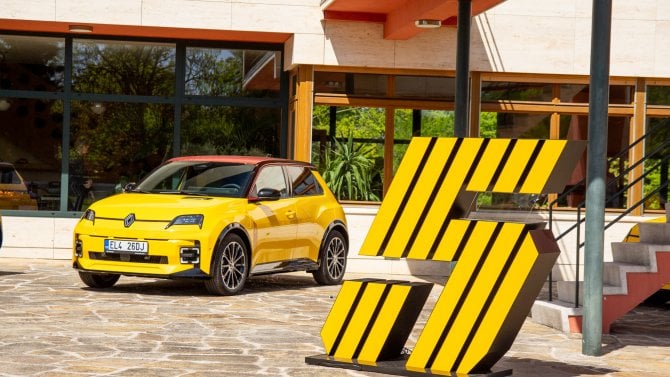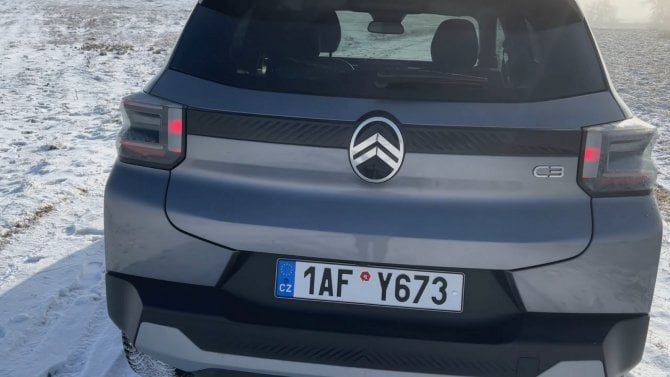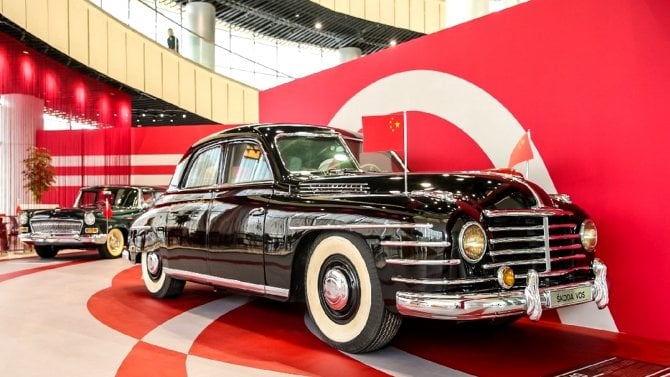...
BRUSSELS, March 29 (Reuters) - U.S. plans to site a missile shield in the Czech Republic and Poland sparked disagreement among lawmakers in a fierce European Parliament debate on Thursday, highlighting the risk of an EU rift over the project.
The controversy dominated a hearing with EU foreign policy chief Javier Solana, with tough criticism from west European left-wingers countered by staunch defences of the plan by lawmakers from former communist countries of the east.
Solana said it was ultimately up to EU capitals to decide whether they joined the United States in the project but they were obliged to ensure that any such participation did not undermine overall security policy in the 27-member bloc.
"On security matters, treaties in force allocate sovereignty to member states. But that member-state sovereignty has to be made compatible with the Union's general interest in security," he told the parliament.
He stressed the EU was, unlike NATO, not a defence alliance and so did not have the final say in the matter. But he advocated talks in both organisations to clear the air.
U.S. overtures to Poland the Czech Republic to site parts of a missile shield aimed at pre-empting threats from North Korea and Iran have revived dormant European unease at such projects, first launched by President Ronald Reagan in the early 1980s.
Russian President Vladimir Putin has branded the move an aggressive act aimed at Moscow, with which Germany as current EU President is seeking to launch delicate negotiations on a major partnership pact covering energy and trade relations.
"This missile defence system will solve nothing and get us into a new arms race," said Martin Schulz, German floor leader of the EU assembly socialist grouping.
British Liberal Graham Watson suggested the shield could become a "Maginot Line in the sky", a reference to the French system of fortifications which failed to halt the advances of Nazi Germany in World War Two.
Others defended the system, which Washington has said could ultimately be integrated into a wider shield covering the entire European Union territory.
"The missile defence shield is not the danger. The danger is a number of member states adopting the Russian view," Polish conservative Konrad Szymanski said.
Dutch conservative Bastiaan Belder warned the controversy could split the EU as badly as it was over the 2003 U.S.-led invasion of Iraq, an episode which highlighted shortcomings in EU efforts to forge a common foreign policy.
President George W. Bush sought to cool Russian anger over the scheme on Wednesday, discussing in a telephone call with Putin the scope for future missile defence cooperation.
The Kremlin said in a statement Bush's offer of discussions was "received with satisfaction".




 Auta osvoboditelů – z východu: Československo a celá Evropa se staly křižovatkou vojenské techniky
Auta osvoboditelů – z východu: Československo a celá Evropa se staly křižovatkou vojenské techniky
 Auto blokující nabíjecí stanici bude možné odtáhnout. A je jedno, jestli má spalovací motor, nebo je to elektromobil
Auto blokující nabíjecí stanici bude možné odtáhnout. A je jedno, jestli má spalovací motor, nebo je to elektromobil
 Ikona je zpět jako elektromobil a je skvělá! Poprvé jsme se svezli s novým Renaultem 5
Ikona je zpět jako elektromobil a je skvělá! Poprvé jsme se svezli s novým Renaultem 5
 Videodojmy: Tenhle malý hatchback jezdí za šest litrů, odveze čtyři lidi a nestojí ani 400 tisíc
Videodojmy: Tenhle malý hatchback jezdí za šest litrů, odveze čtyři lidi a nestojí ani 400 tisíc
 Škoda VOS: Historie československých vládních automobilů je přehledem politických obratů
Škoda VOS: Historie československých vládních automobilů je přehledem politických obratů
